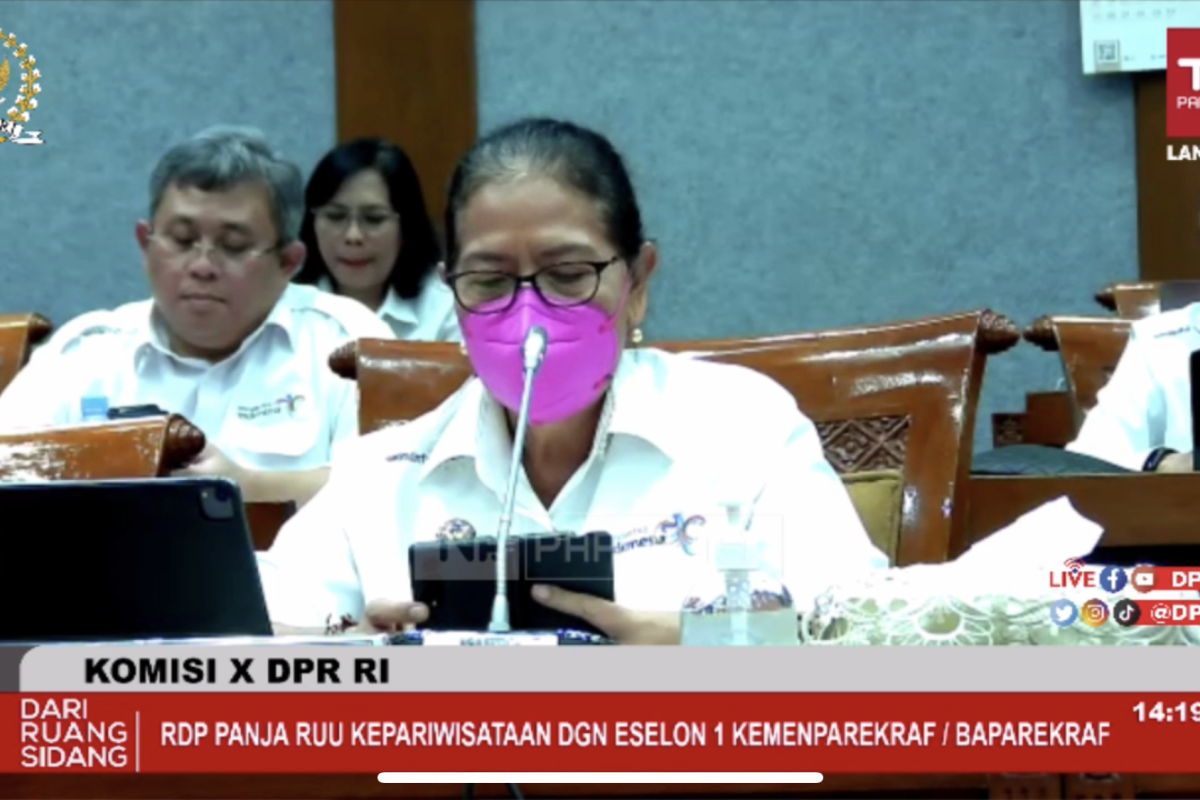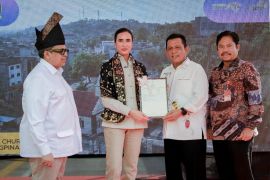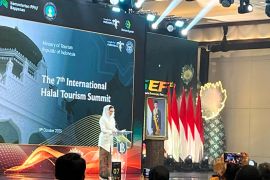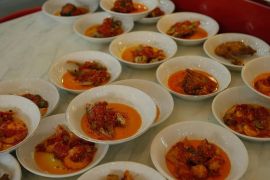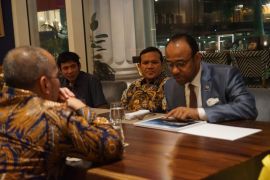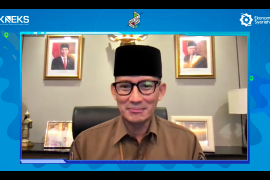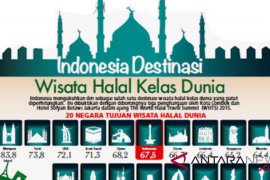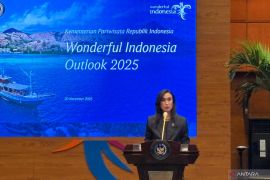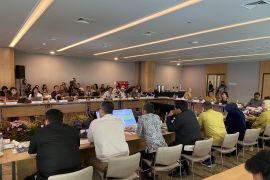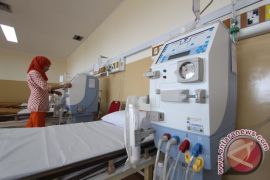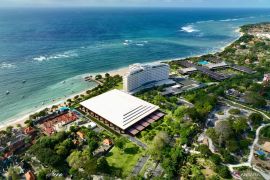However, it requires a comprehensive study that involves academics and other stakeholders to prepare the ecosystemJakarta (ANTARA) - The Ministry of Tourism and Creative Economy has said that the potential for halal tourism and health tourism in Indonesia is very large and, therefore, a comprehensive study is needed to develop them.
"The development of Muslim-friendly and health tourism must be carried out based on a comprehensive study to ensure a supportive ecosystem," the ministry's deputy for destination development and infrastructure Vinsensius Jemadu said here on Monday.
He made the remarks during a hearing meeting between Echelon I of the ministry and members of Commission X of the House of Representatives (DPR) on the deepening of academic research and the Tourism Bill. The meeting was led by the secretary of the ministry, Ni Wayan Giri Adnyani.
Related news: Bali tourism to remain unaffected by new criminal code: Governor
Jemadu said that the ministry has often received suggestions and proposals to establish halal tourism in the country.
"However, it requires a comprehensive study that involves academics and other stakeholders to prepare the ecosystem," he added.
According to Jemadu, the role of the relevant ministries is also important to implement halal tourism and health tourism, which has also been underlined in academic texts, for example, there is a need to involve the Religious Affairs Ministry in halal tourism and the Health Ministry in health tourism.
"Relevant involvement is needed, such as the Ministry of Religious Affairs for halal tourism and the Ministry of Health for health tourism. We hope they can give guidance for this program. These two ministries will have an important role in collaborating with the Tourism and Creative Economy Ministry," he said.
Related news: Minister eager for Solo to become MICE leading destination
During the hearing meeting, the ministry outlined five points in the context of academic research deepening for the Tourism Bill.
The five points covered tourism destinations and industry as well as tourism marketing and promotion; digitalization and strengthening of IT infrastructure; and tourism associations and tourism human resources.
They further included strategies and directions for sustainable tourism integration of cultural heritage with other tourism destinations; as well as regulations regarding tourism business permits.
Related news: At least 1,000 jeeps to provide Mt Merapi tour
Related news: Marine waste management crucial for realizing sustainable tourism: Uno
Translator: Sella Panduarsa G, Resinta S
Editor: Fardah Assegaf
Copyright © ANTARA 2022
